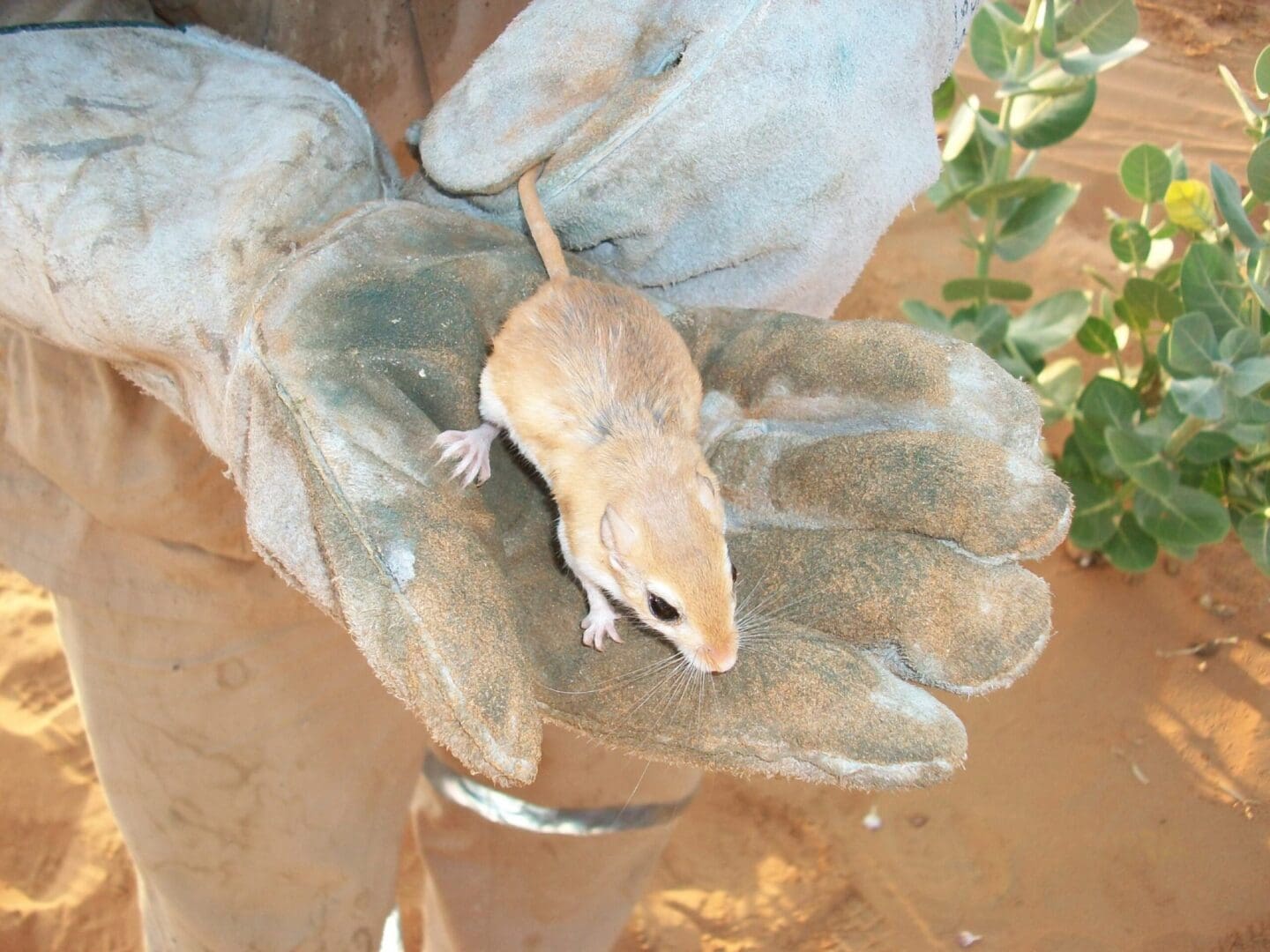Strategies for Rodent Control

If you are finding rats and mice in your home, using sanitation tactics and exclusion to get rid of rodents in your home is a cost-effective and safe way. Being able to keep rodents out of your home in the first place is the most effective long-term solution. The best way to avoid a full-scale invasion is to take measures such as sealing entry points to stop any animals from entering buildings. Rats and mice can cause a very expensive amount of property damage along with having the capability of transmitting diseases. You’ll be able to know if any of these rodents have entered your home if you see any rodent droppings near any place that you store food or if you find any shredded paper or fabric. If you realize that there are any rodents in your home, there are steps you can take to keep your home permanently free of pests.
Using traps or poisons to remove rodents will not keep them out of your home in the future. If you are looking to permanently keep mice and rats out of your home or your business, you will need to prevent access by sealing all entry points as mentioned before. It’s just as important to eliminate rodent attractions such as water and food by keeping them tightly sealed in containers and repairing any pipes you have that may be leaking. Here is a list of common food and water sources that rodents may be attracted to:
- Fruits or vegetables left outside of the refrigerator
- Food in unsealed containers such as bags of chips, rice, crackers, flour, cereal, and other nonperishables
- Pet food and water left out overnight or in a bag rather than in a secure container
- Open trash and compost containers
- Leaky faucets or pipes throughout the house
- There are also common rodent access points you must look out for such as:
- Holes around sink or appliance pipes
- Holes near cabinets, closets or doors leading to outside or crawl spaces
- Missing screens in vent or crawl spaces under buildings
- Holes around windows or doors
- Cracked foundations in the basement or unscreened ventilation holes in the attic, especially in older structures
Guidelines for Maintaining a Rodent-Free Home
When you have officially blocked all the access points and removed any sources of water and food, the next step would be to eliminate any remaining rodents. The three guiding principles to help relieve your house from rodents are to prevent, identify, and treat. For the outdoors, there are some extra steps you can take such as not planting ivy, this is due to the shelter and food source it provides for animals. Taking down any bird feeders which also are a source of food for any rodents. Make sure to keep your outdoor cooking areas and grills clean. While inside you can act by using garbage bins that seal tightly, rinsing food and beverage containers before throwing them away, maintaining clean stove tops free of scraps and food, and making sure your cabinets are near sinks and free of moisture.
Natural Predators
Natural predators such as hawks, snakes, and owls can help control any issues with the rodent population in your area by feeding on mice and rats. Barn owls are known for being hunters, a family of barn owls can eat as many as 3,000 mice in a year. If you are wanting help from barn owls, you can entice them to stay near your yard by encouraging them to nest by installing nesting boxes. If you place your nesting boxes in the correct areas and use traps along with other preventative measures mentioned earlier, you should see a massive improvement with any rodent infestations. If you need any assistance with rodent removal, WNY Wildlife is here to help you, give us a call at, (716) 203-1166.
